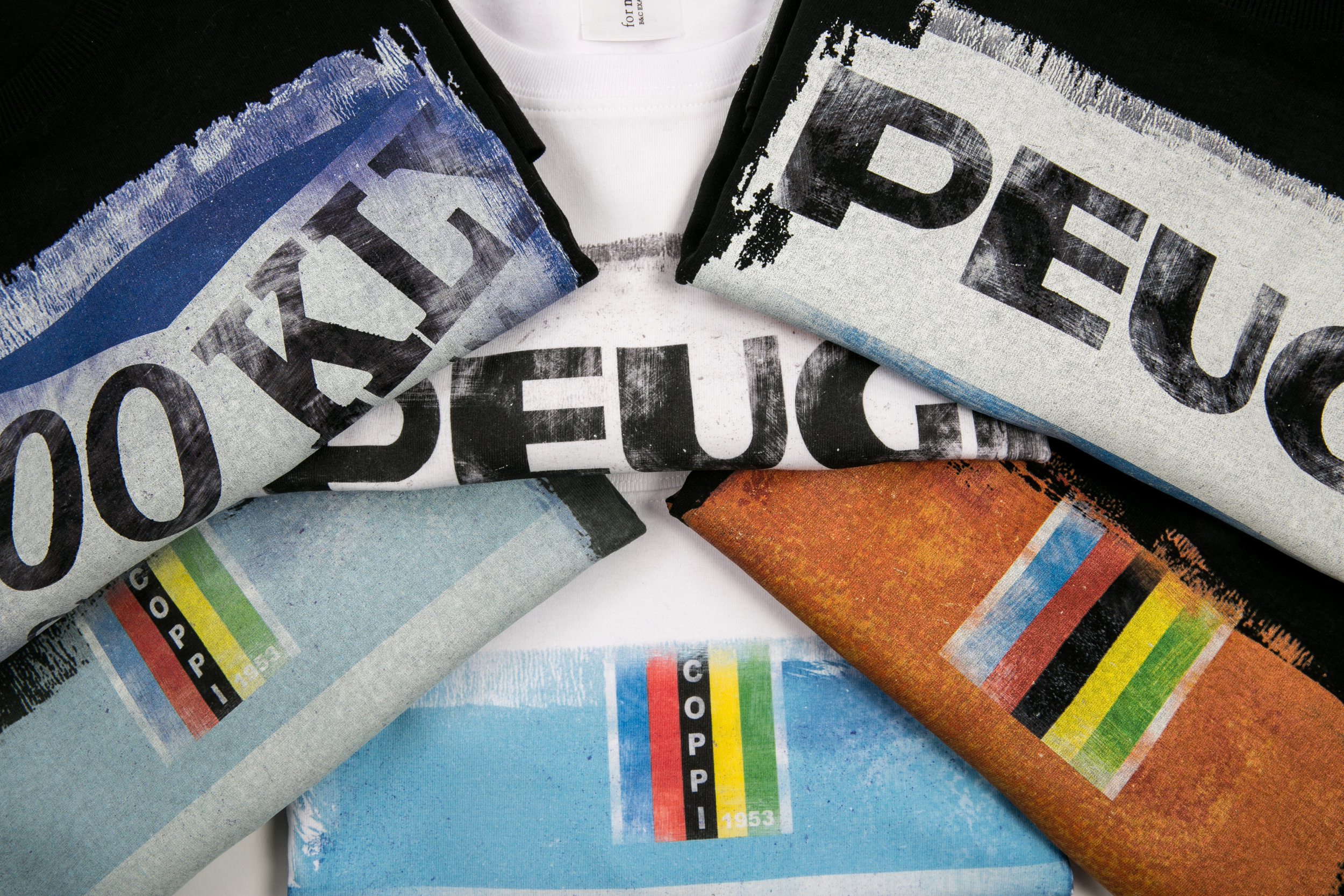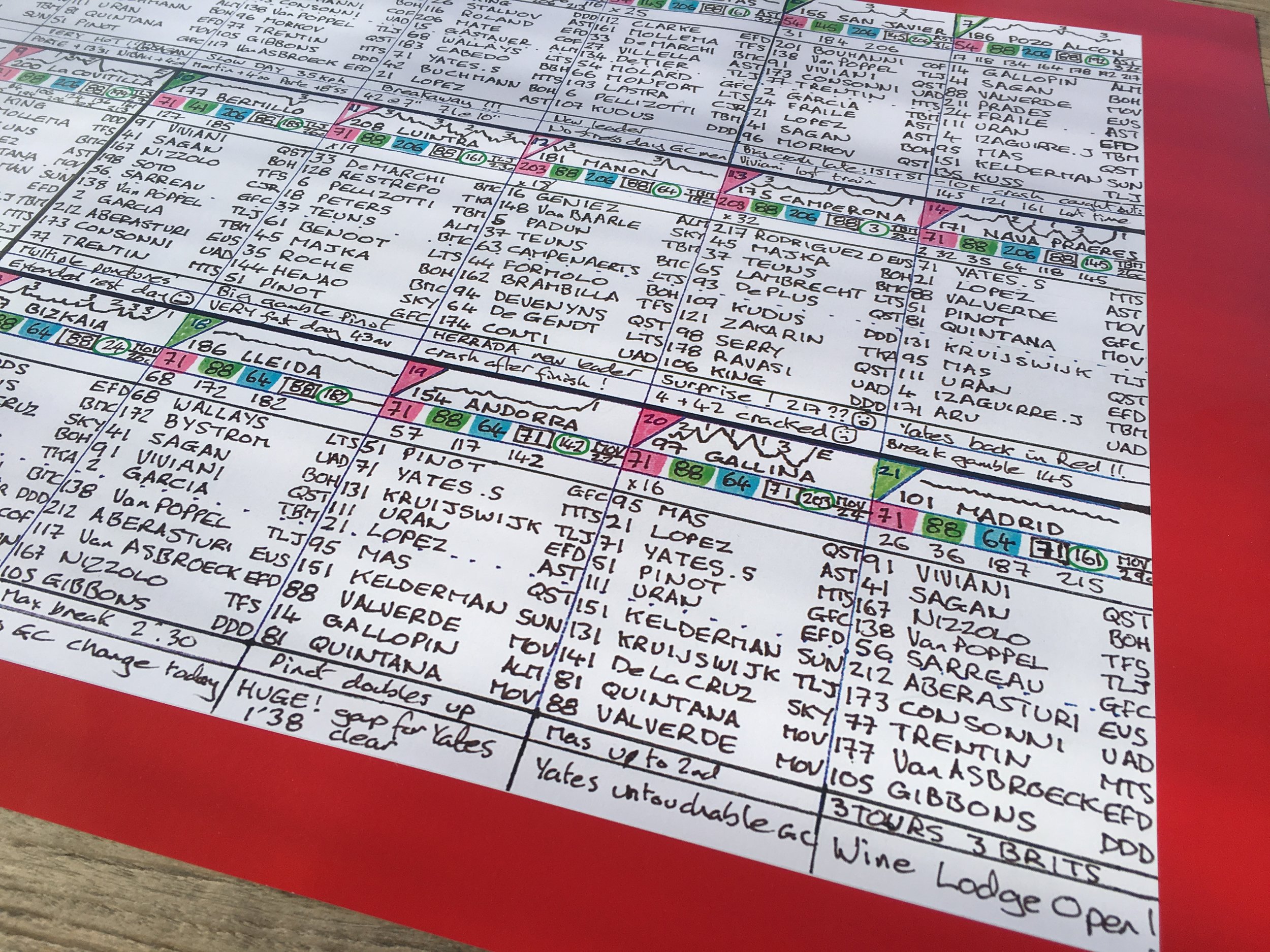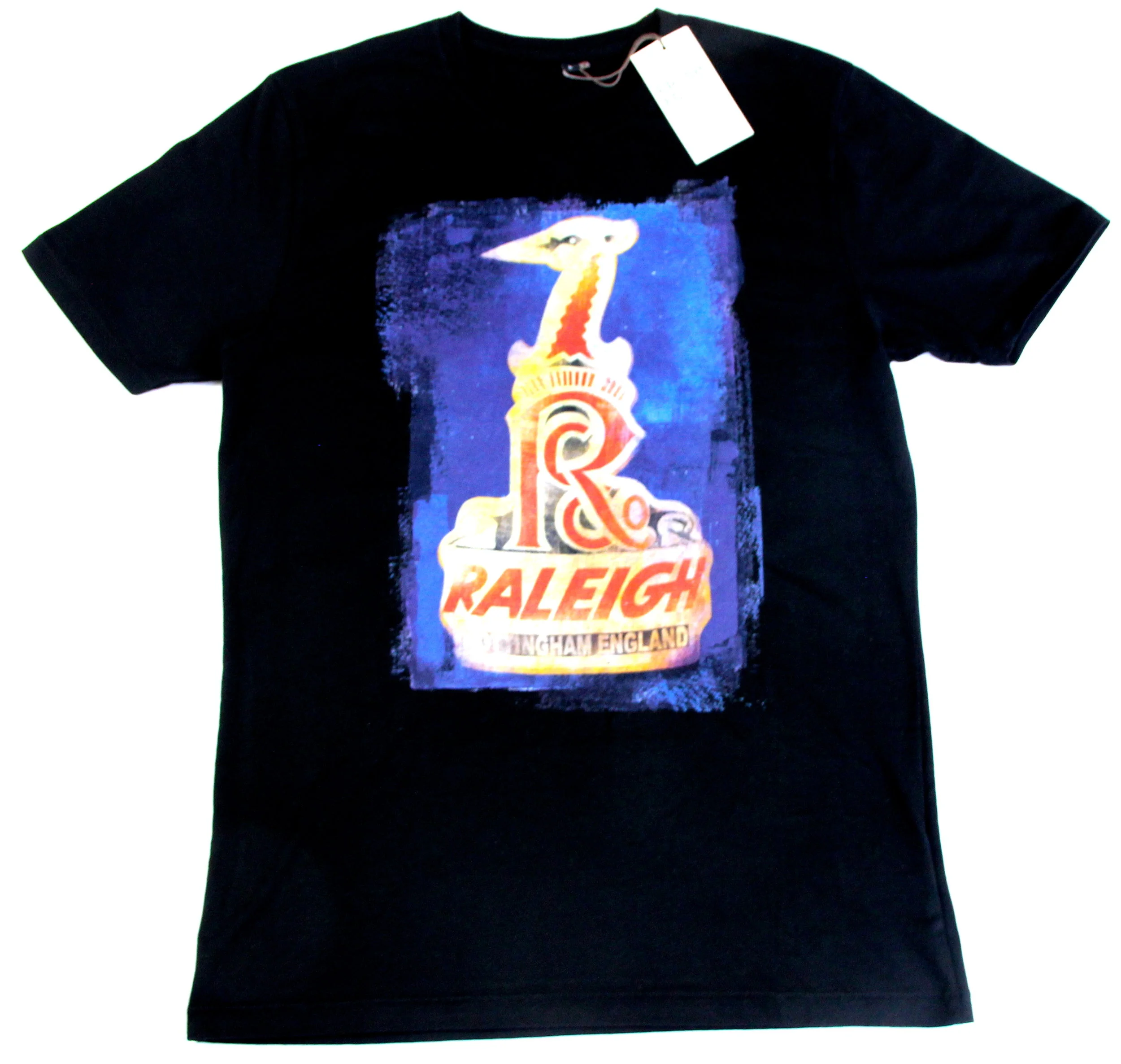By Robbie Broughton
Team Dimension Data for Qhubeka is now entering its third year as a World Tour Team. It’s the first ever African team to reach that status and one of its main goals remains producing the first ever African world champion – nearly half of its riders are African born and bred. Four of those Africans are Eritrean. What is it about this country that is producing such a roster of talented young cyclists?
Daniel Teklehaimanot (Photo courtesy of Sinamatella Productions)
Of course it was Daniel Teklehaimanot who set the ball rolling when he became the first Eritrean to compete in a grand tour when he took part in the Vuelta a Espana in 2012. In 2015 his status and profile were further enhanced when he wore the King of the Mountains jersey in the Tour de France for four days, again another first for African cycling.
Daniel’s success on the world tour set him up as somewhat of a pioneering icon and trailblazer for his compatriots. For a poor country with a population of under five million it seems incredible that there are now four Eritrean cyclists competing at the very highest level.
Daniel Teklehaimanot (Photo courtesy of Sinamatella Productions)
But Eritrea has been dominant in African cycling for decades – one of the happier legacies left behind by its former Italian colonialists. It was they who introduced the bicycle as a means of transport for the Italian postal system. Eritreans took to the bike with huge enthusiasm, using it not only for their personal transport, but for racing as well. Within five years of introducing bicycles to Eritrea, this little nation established its first ever national championships in 1937.
Cycling is described by many Eritreans as ‘in the blood’ and a ‘sixth sense.’ An 86 year old heritage with the bike has developed an unbridled passion for the sport. The result is that Eritrea is producing some of the best cyclists in the world. Of course they have other competitive advantages as well . Most of the country rests at over 2,300 m above sea level and a hilly landscape with few cars offers great training grounds. Added to that a lean physiology, Eritreans have a good head start when it comes to performance on a bike.
(Photo courtesy of Sinamatella Productions)
Daniel began racing in his small home town in 1998 when he was 10 years old. By 2000 he was the strongest cyclist there. By the time he was 20 he was whisked away to the UCI training centre in Switzerland. It was while he was there that he was diagnosed with trachycardia which could have ended his career there and then. Luckily, a successful operation cured him and, after recovery, he was signed up to Cervelo Test Team.
In 2010 he won a clean sweep in the African championships, taking the road race, individual and team time trial titles. His training in Europe was paying off – his former Eritrean coach and friend says that, “he came back with strength in his whole body, not just in his legs.”
It was that impossible dream of a Tour de France podium in 2015 that truly elevated him to hero status in his compatriots’ eyes. Friends and family remember how, “Everyone was watching because it wasn’t just one rider participating. Eritrea was participating.”
(Photo courtesy of Sinamatella Productions)
When he returned home after that tour the scenes that greeted him in the streets were comparable to the joy and celebrations witnessed at the country’s independence back in 1993.
And this high profile success further spurred on and inspired younger riders in Eritrea who are now breaking into the top tier of professional cycling. Sadly for Daniel, 2017 was a disappointing year for him results wise, not helped by a nasty crash that resulted in a hand injury. With the UCI reducing Tour de France teams to only nine, and to only seven riders in other races, Dimension Data have had to cull their squad. The harsh world of competitive cycling means that he finds himself without a contract for the 2018 season.
It will be a sad end to what has been a hugely influential career. He has led the way for a future generation of Eritrean cyclists in the same way that Lucho Herrera made it possible for his fellow Colombians to emulate his success in the 1980s. One only hopes that at the age of 29, he still has a future as a bike racer. One thing is certain however: his legacy as a trailblazing Eritrean. Chapeau, Daniel.
(Photo courtesy of Sinamatella Productions)
Four Eritrean Cyclists to look out for:
Merhawi Kudus (24). Merhawi is considered one of the most exciting talents to come out of Africa. He started racing at 14 and immediately impressed in road races despite competing on a mountain bike. Racing a European program since 2013, he has also ridden the Vuelta a Espana, Giro d’Italia and was the youngest rider in the 2015 Tour de France, making it all the way to the finish in Paris.
Natnael Berhane (27). Natnael has proved his calibre by winning the African National Championships twice and becoming the first African to win a European race when he won the Queen stage of the Tour of Turkey in 2013. This year will see him try to target stages during the week long tours as well as providing support for GC riders.
Mekseb Debesay (27). 2015 was a breakthrough year for him when he was a dominant figure on the African Continental Circuit with 8 top step podium finishes. 2018 could be the year he starts his first ever grand tour.
Amanuel Ghebreigzabhier (24). In his neo-pro year, Amanuel is a climber who will be looking to build on successes last year in the Arctic Race of Norway and a King of the Mountains jersey at the Tour of Hungary. Could he be the next Teklehaimanot?
To find out more about Eritrean cycling, this film, King of The Mountains, by African documentary makers, Sinimatella Productions, is an excellent watch.



































